#Cashews fiber content
Cashews fiber content
Cashews fiber content
1. Do cashews contain fiber? How much fiber is in cashews?
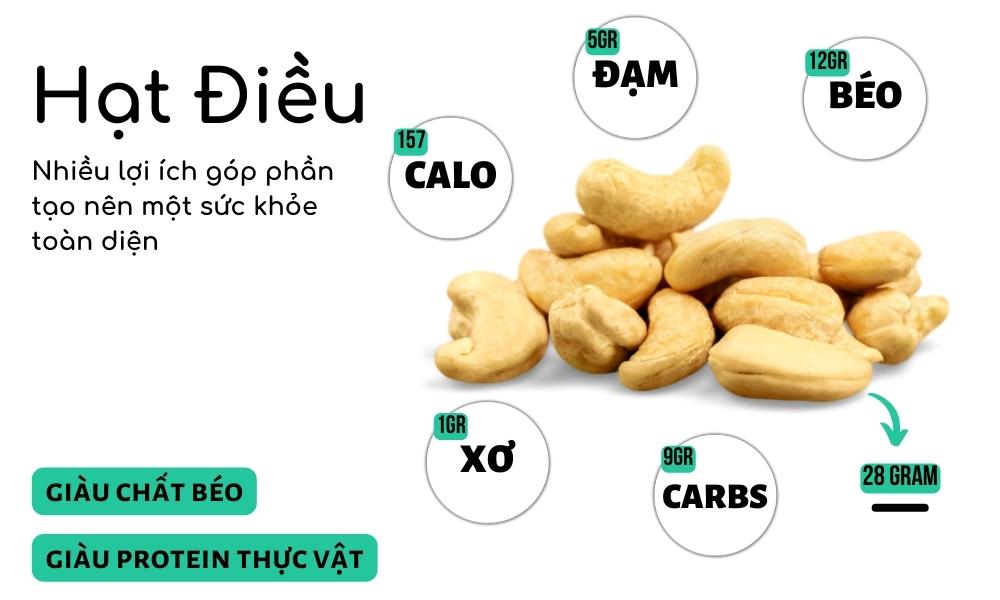
Cashews contain fiber, although they are not as rich in fiber as some other nuts. According to the USDA National Nutrient Database, each ounce of cashews (about 28.35g) contains approximately 0.9g of fiber.
Benefits of Fiber in Cashews
- Digestive Support: Fiber helps improve digestive function, prevent constipation, and maintain a healthy digestive system.
- Weight Control: Fiber creates a feeling of fullness, helping to control calorie intake and support weight loss.
- Reduced Risk of Heart Disease: Fiber can help lower blood cholesterol levels, thereby reducing the risk of heart disease.
Ways to Add Fiber from Cashews to Your Diet
- Snacks: Use cashews as a snack between meals.
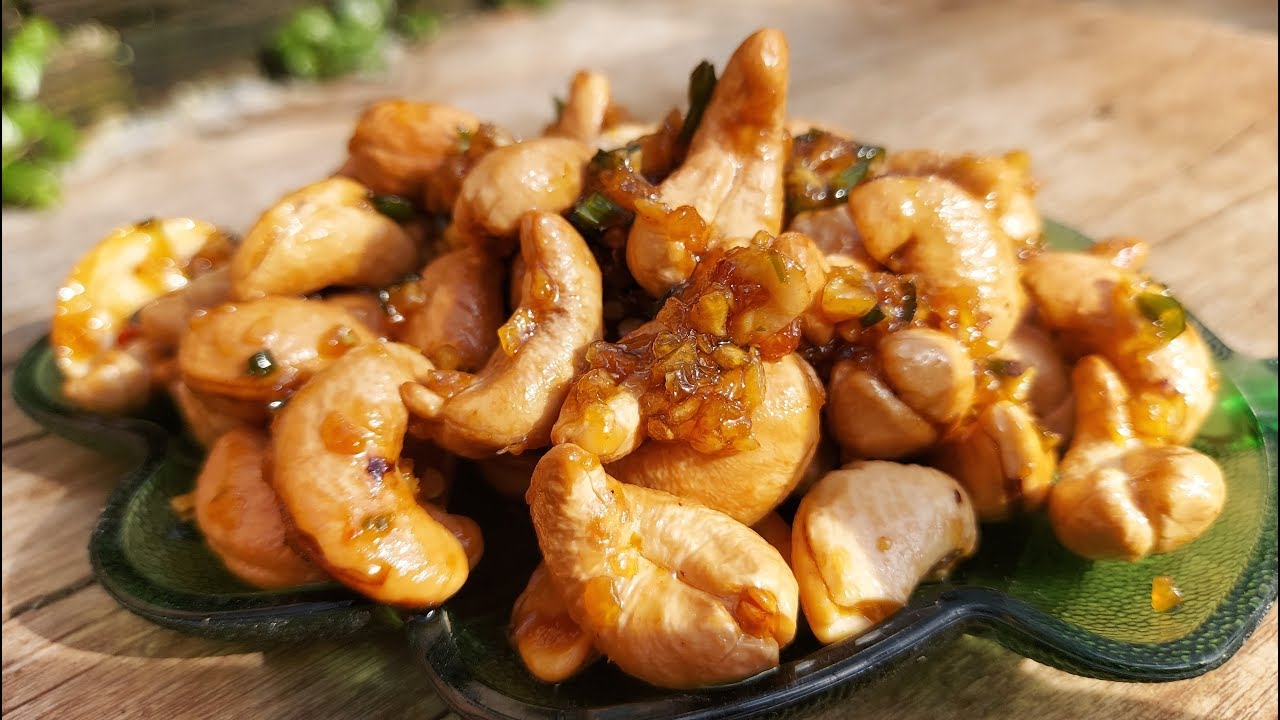
- Add to Dishes: Incorporate cashews into salads, fried rice, or stir-fried noodles.
- Cashew Milk: Drink homemade or store-bought cashew milk to supplement fiber and other nutrients.
2. What is fiber?
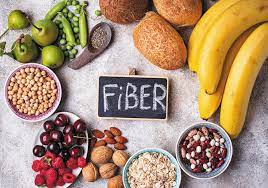
Fiber is a component of plant-based foods that the body cannot digest. Fiber is divided into two main types:
- Soluble fiber: This type can dissolve in water, forming a gel-like substance in the intestines. Soluble fiber helps slow down digestion and sugar absorption, aiding in blood sugar control and reducing cholesterol levels.
- Insoluble fiber: This type does not dissolve in water and helps increase stool bulk, stimulating bowel movements and preventing constipation.
Fiber has many health benefits, including supporting digestion, reducing the risk of cardiovascular diseases, controlling weight, and preventing certain types of cancer.
3. Effects of fiber on body
Fiber plays an important role in maintaining overall health. Here are some of the main benefits of fiber:
- Supports digestion and prevents constipation: Fiber helps increase the bulk and soften the stool, stimulating bowel movements and making it easier to pass stool.

- Reduces cholesterol levels: Soluble fiber can help lower blood cholesterol levels by reducing the absorption of cholesterol from food.
- Controls blood sugar levels: Fiber helps slow down the absorption of sugar, aiding in blood sugar control, which is particularly beneficial for people with diabetes.
- Aids in weight loss: Fiber creates a feeling of fullness, helping to control food intake and support weight loss.

- Prevents colorectal cancer: Fiber helps food move quickly through the digestive system, reducing the exposure of cells to potential carcinogens.
- Improves heart health: Fiber helps lower blood pressure and inflammation, reducing the risk of heart disease.
4. How should cashews be used in your diet to supplement appropriate fiber?
Cashews are a nutrient-rich food source, including fiber, which helps support digestion and provides numerous health benefits. To incorporate an appropriate amount of fiber from cashews into your daily diet, you can consider the following ways:
Eat directly or lightly roasted
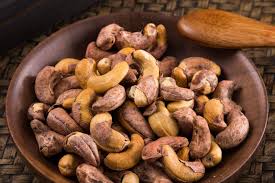
- Eat directly: You can eat raw or lightly roasted cashews to enhance the flavor. A serving of about 28 grams (approximately 18-20 nuts) contains about 1 gram of fiber.
- Lightly roasted: Roast cashews with a little salt or your favorite spices to make a delicious and nutritious snack.
Combine with breakfast
- Yogurt: Add cashews to yogurt to boost fiber and protein, helping you feel full longer.
- Cereal or porridge: Sprinkle cashews on your morning cereal or porridge to add fiber and essential nutrients.
Add to salads

- Vegetable salad: Add cashews to vegetable salads to increase crunchiness and flavor, while also adding fiber and healthy fats.
- Fruit salad: Cashews also pair well with fresh fruits in salads, creating a nutritious snack.
Use in main dishes
- Stir-fry: Add cashews to vegetable or meat stir-fries to enhance fiber and flavor.
- Stews or soups: Cashews can be added to stews or soups to increase creaminess and add fiber.
Make cashew butter
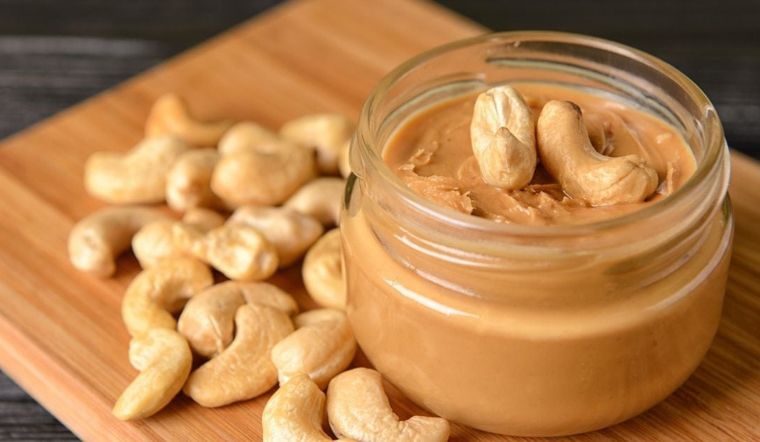
- Cashew butter: Blend cashews to make cashew butter, which can be spread on bread or used as an ingredient in other dishes. Cashew butter is not only rich in fiber but also provides healthy fats and protein.
Notes when using cashews
- Control consumption: Although cashews are very nutritious, you should control the amount consumed to avoid excessive calorie intake.
- Choose unsalted or low-salt cashews: To reduce sodium intake, choose unsalted or low-salt cashews.
By incorporating cashews into your daily meals, you not only add fiber but also take advantage of many other nutritional benefits from this nut.
Xem thêm: Hạt điều có chứa chất xơ không? Lượng chất xơ trong hạt điều là bao nhiêu
Learn more: Do Cashews Contain Fiber? How Much Fiber Is In Cashews?

 Brian Dương
Brian Dương
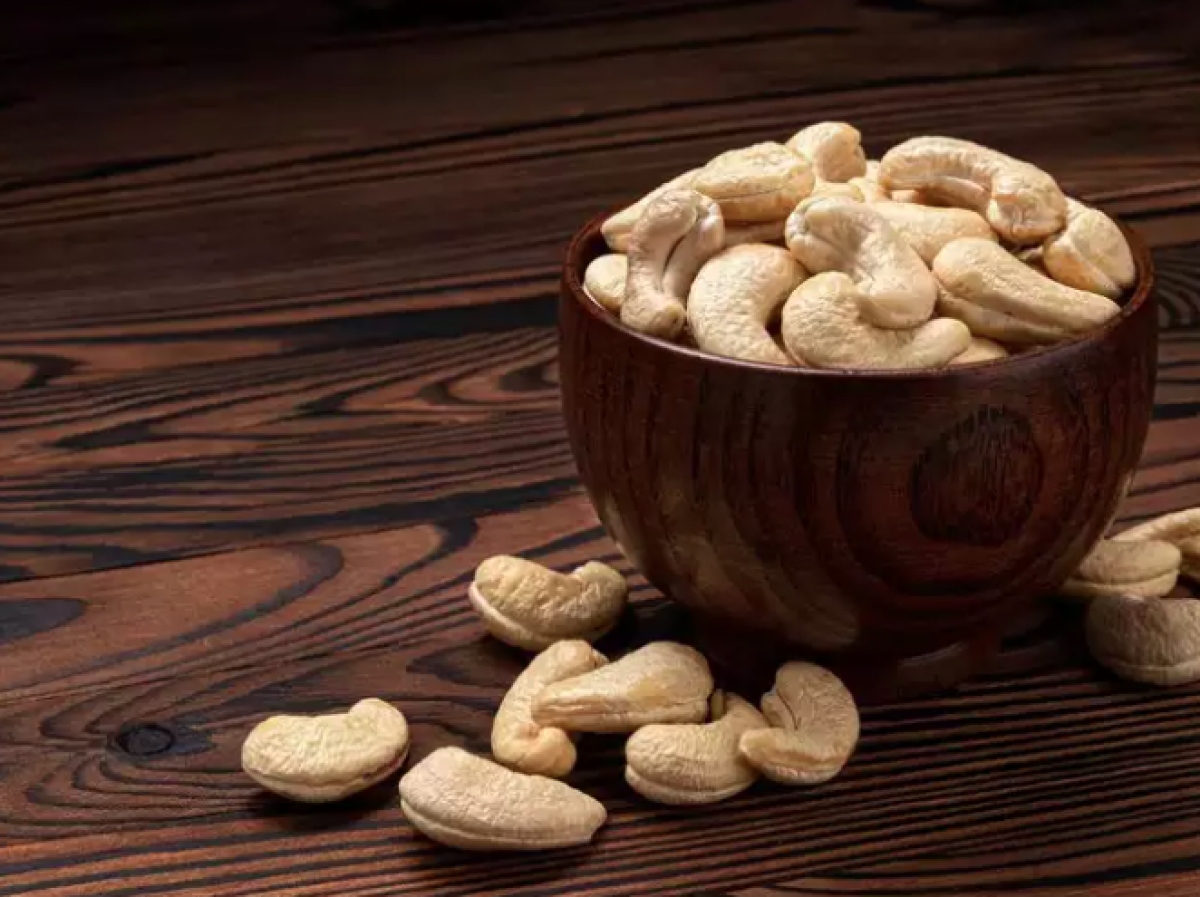
TVQuản trị viênQuản trị viên
Xin chào quý khách. Quý khách hãy để lại bình luận, chúng tôi sẽ phản hồi sớm